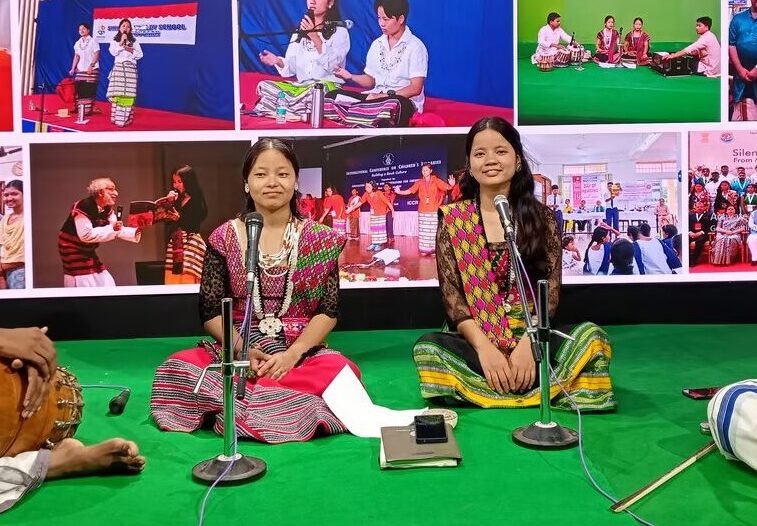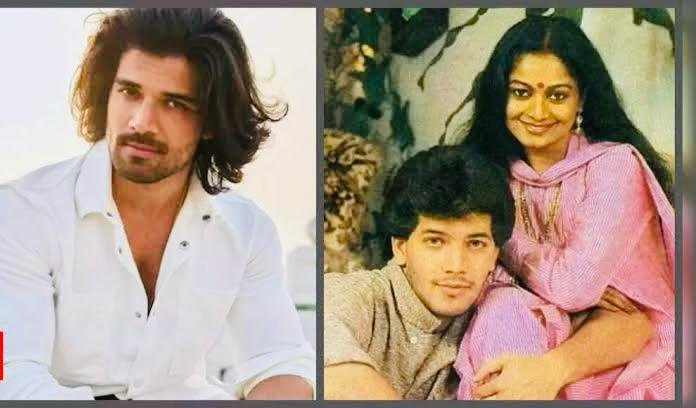For the first time in Arunachal Pradesh, the Wakro Sisters, Ashapmai Dellang and Behelti Ama, performed diverse genres of Carnatic Kritis, captivating audiences in Tezu, Namsai, and Itanagar. These senior volunteers of the Lohit Youth Library Network brought the intricate melodies of Carnatic music to curious listeners and music lovers across the state.
The recitals, held from May 12 to 20, took place in Tezu, Namsai, Rajiv Gandhi University (RGU) in Itanagar, and Sri Ramakrishna Mission Hospital. The performances were also recorded at Akashvani Tezu, Itanagar, and the Doordarshan Kendra, Itanagar. This groundbreaking series marked the first public Carnatic music performance in Arunachal Pradesh by the Wakro Sisters, the pioneering Arunachalee students who have dedicated the past 25 years to studying Carnatic music.
Adding to the uniqueness of the recitals were two young instrumental prodigies from Kerala: Devanarayan on the violin and Sreehari Bhattathiripad on the mridangam. Despite being higher secondary school students, their brilliant rhythmic support elevated the performances, introducing the audience to Carnatic music for the first time. The series began with a recital in Tezu, followed by Namsai, and then RGU, Itanagar. The sisters received high praise from the Deputy Commissioners of Lohit and Namsai districts.
The Wakro Sisters were celebrated for their mastery of songs in Tamil, Telugu, and Malayalam. Audience members suggested that they compose songs in the Mishmi language, utilizing Carnatic ragas.
At RGU, Vice Chancellor Professor Saket Khushwaha praised the unique collaboration between the young Kerala artists and the Arunachalee singers. He expressed hope that the Department of Music would host more such events in the future. “It is a great honor that the Lohit Youth Library Network is celebrating its 18th Foundation Day at the RK Mission Hall, with several eminent VKV alumni members present,” added Sokhep Kri, Director of the Department of Indigenous Affairs (DIA).
The Wakro Sisters expressed their joy and hope that their performances would inspire more Arunachalee students to learn Carnatic music, highlighting its many similarities with Hindustani music, already familiar to many local youths.























































































































































































































































































